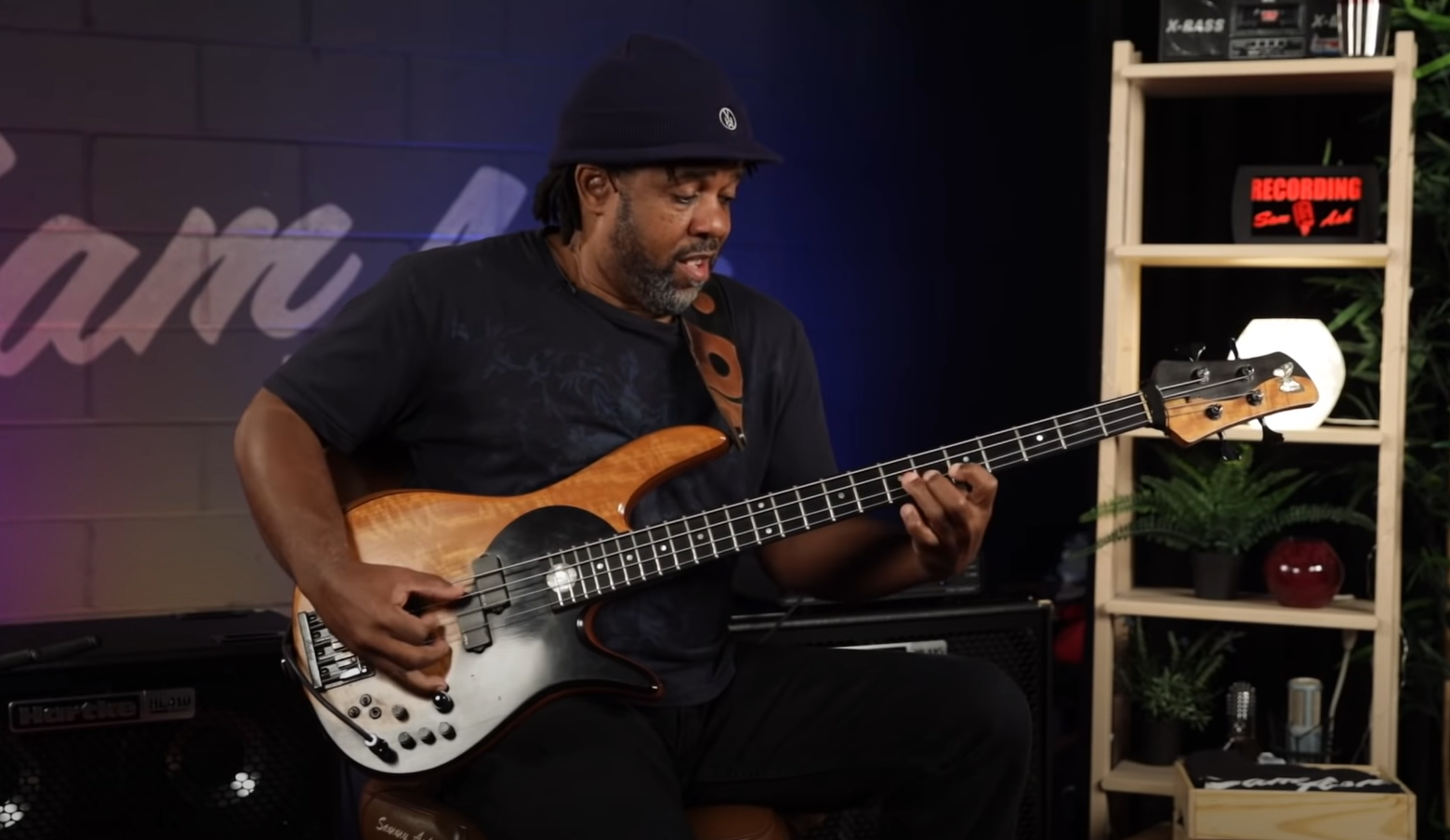The Biggest Myth About Learning Music Theory
Aug 31, 2024Have you ever heard somebody say, “I won’t learn music theory because it’ll ruin my creativity”? Maybe you're one of those people who have said that. People fear that if they learn music theory, they’ll be boxed in creatively and burdened with rules when music should just be about self-expression. I’ve even heard someone complaining that music theory is overwhelming when it comes to writing something because they have so many creative tools to use that they don’t know where to start. What a good problem to have that is. Ultimately, I suspect people don’t want to learn music theory because quite frankly, they’re intimidated by it. They fear it takes time to learn and they may even question if it’s something they can comprehend intellectually. I’m here to tell you that you CAN learn music theory, you DO have the intellect to comprehend it, and it won’t interfere with your creativity. In fact, it’ll only enhance it, so there’s nothing to be afraid of.
Music Theory Expands Creativity
The idea that music theory will hinder your creativity is like a craftsman saying that having more tools will make it harder to build things. Each new concept in music theory you learn is adding another tool to your toolbox and another color to your paint palette. This process sparks inspiration by giving you new ideas and new ways of looking at things. It exposes you to different concepts that are not obvious to those who don’t know theory. It gives you new things to recognize in existing music and new things to try when writing music of your own. It also tells you what sounds dissonant, pleasant, happy, sad, and everything in between. When you’re trying to write music to communicate a specific emotion or degree of tension, you’ll immediately know what types of music theory devices can be used to achieve it. Music theory can help you write more than music; it can help you write a story.
Music Theory Develops Your Ear
As you are developing your understanding of music theory, ear training comes as a bonus side effect. As you are learning about new theory concepts, your ear gets used to what they sound like. For example, recognizing intervals, cadences, and major versus minor chords are things you’ll be able to do more and more successfully. This changes the way you hear music in a good way. With music theory, you now have a vocabulary to apply to what you’re hearing. The principles can be used in any genre, and they can inspire ideas for your writing that you can hear before you play them (or before stumbling upon them by accident).
Music Theory Is Not A Set Of Rules You Must Follow
Like all other art forms, music has no rules. Music theory isn’t a box designed to confine your creativity. It’s simply a language you can use to analyze and write music. Theory explains what you do and gives you quicker ways to reach desired sounds and effects. When you break the perceived “rules”, music theory just shows you why your rule-breaking sounds cool. There are no wrong notes. In fact, Victor Wooten has accurately described how notes outside of a key are often the coolest sounding notes. Since music theory is just a labeling system, it would identify notes not in a key as accidentals. If it helps, you can just think of them as “happy accidents” 😀

Conclusion
I hope you can see that music theory is not something to avoid. In fact, I think it’s something that should be embraced. Theory expands your creativity, develops your ear, and gives you a language for analyzing and writing music. You don’t need to master a lot of music theory right away and you certainly don’t need to know a lot to get started. Music can be an enjoyable lifelong learning process, so there is no need to feel rushed. If you’re a guitarist like me, knowing theory can help a lot, especially if you want to jam with other musicians or write music of your own.
Watch the full lesson here: The Biggest Myth About Learning Music Theory

